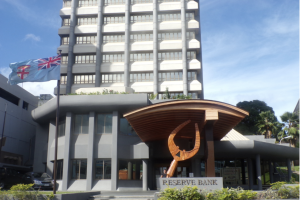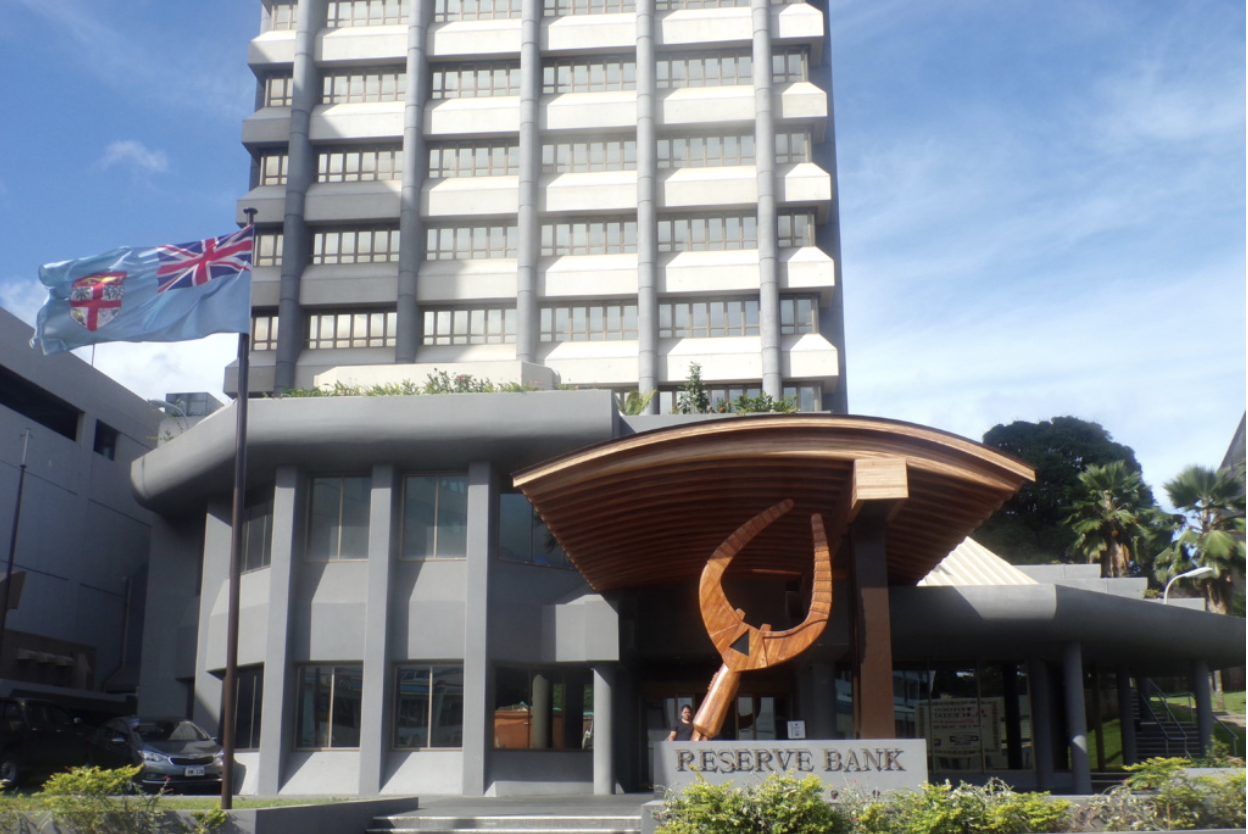According to the Reserve Bank of Fiji’s latest Economic Review, recent economic data reveals that the global economy experienced a slowdown in August due to weak demand, slower growth in major economies, and higher-than-expected inflation. Geopolitical tensions and tightening financial conditions further dampened confidence and investment prospects.

Fiji’s economy displayed robust growth of 20.0 per cent in 2022, surpassing earlier estimates, says the RBF’s latest economic report.
For Fiji’s major trading partners (TPEs), growth remained positive but sluggish through August. Notably, manufacturing contracted in most TPEs except China and India, while services saw mixed performance.
Commodity prices exhibited a mixed trend in August. Brent crude oil prices rose to US$86.86 per barrel due to production cuts by Saudi Arabia and Russia, while sugar prices climbed to US25.06 cents per pound, driven by concerns over El Niño’s impact on sugar production. Conversely, gold prices dipped to US$1,965.90 per ounce as the US dollar strengthened. Global food prices also fell due to ample supplies of wheat, coarse grain, and maize.
Fiji’s economy displayed robust growth of 20.0 per cent in 2022, surpassing earlier estimates, primarily driven by the services sector and net indirect taxes. The economy remained on track to achieve an 8.0 per cent growth forecast in 2023, buoyed by a strong tourism industry recovery.
On the sectoral front, certain industries faced challenges with declines in sugar, gold, pinewood, and woodchip production, although electricity production remained positive.
Consumption activity remained solid, evidenced by growth in net value-added tax collections and new loans for consumption purposes. Investment activity showed stable recovery, with increased domestic cement sales and loans for investment purposes in the real estate sector.
Fiji’s labour market conditions improved, with wages surpassing 2019 levels, possibly due to wage bargaining amid labour migration. Strong growth in job advertisements indicated high demand for labour.
Financial conditions remained supportive, with growth in private-sector credit and new lending. Liquidity in the banking system stayed adequate, maintaining low-interest rates and supporting economic activity.
Fiji’s trade deficit increased by 3.4 per cent to $2,067.8 million in June, driven by import growth outpacing exports. Tourism earnings surpassed the billion-dollar mark, reflecting increased visitor arrivals and higher spending levels.
Inflation expectations for year-end were revised upward to around 6.0 per cent due to higher duties and taxes in the national budget and rising global crude oil prices.
Foreign reserves remained comfortable, covering 6.3 months of retained imports as of September 29.
While global risks included core inflation, international travel costs, rising commodity prices, export restrictions, geopolitical tensions, and high-interest rates, domestically, concerns revolved around changes in corporate tax and VAT rates, skilled worker migration, and climate change. Addressing tourism capacity constraints and fostering private sector investment remained crucial for sustainable growth.
Despite these risks, Fiji maintained an accommodative monetary policy stance, keeping the Overnight Policy Rate at 0.25 percent in September, with continuous monitoring of global and domestic developments to adjust monetary policy accordingly.
Source: Reserve Bank of Fiji September 2023 Economic Review



